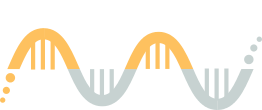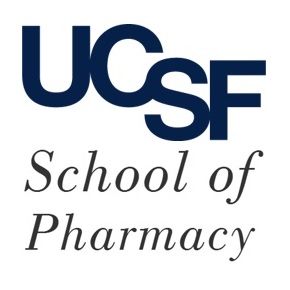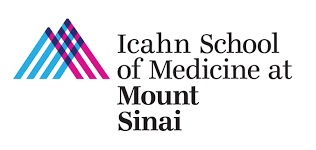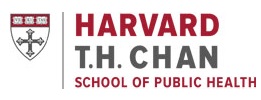Submitted by ja607 on
| Title | Integration of multiomic annotation data to prioritize and characterize inflammation and immune-related risk variants in squamous cell lung cancer. |
| Publication Type | Journal Article |
| Year of Publication | 2021 |
| Authors | Sun, R, Xu, M, Li, X, Gaynor, S, Zhou, H, Li, Z, Bossé, Y, Lam, S, Tsao, M-S, Tardon, A, Chen, C, Doherty, J, Goodman, G, Bojesen, SE, Landi, MT, Johansson, M, Field, JK, Bickeböller, H, Wichmann, H-E, Risch, A, Rennert, G, Arnold, S, Wu, X, Melander, O, Brunnström, H, Le Marchand, L, Liu, G, Andrew, A, Duell, E, Kiemeney, LA, Shen, H, Haugen, A, Johansson, M, Grankvist, K, Caporaso, N, Woll, P, M Teare, D, Scelo, G, Hong, Y-C, Yuan, J-M, Lazarus, P, Schabath, MB, Aldrich, MC, Albanes, D, Mak, R, Barbie, D, Brennan, P, Hung, RJ, Amos, CI, Christiani, DC, Lin, X |
| Journal | Genet Epidemiol |
| Volume | 45 |
| Issue | 1 |
| Pagination | 99-114 |
| Date Published | 2021 Feb |
| ISSN | 1098-2272 |
| Abstract | Clinical trial results have recently demonstrated that inhibiting inflammation by targeting the interleukin-1β pathway can offer a significant reduction in lung cancer incidence and mortality, highlighting a pressing and unmet need to understand the benefits of inflammation-focused lung cancer therapies at the genetic level. While numerous genome-wide association studies (GWAS) have explored the genetic etiology of lung cancer, there remains a large gap between the type of information that may be gleaned from an association study and the depth of understanding necessary to explain and drive translational findings. Thus, in this study we jointly model and integrate extensive multiomics data sources, utilizing a total of 40 genome-wide functional annotations that augment previously published results from the International Lung Cancer Consortium (ILCCO) GWAS, to prioritize and characterize single nucleotide polymorphisms (SNPs) that increase risk of squamous cell lung cancer through the inflammatory and immune responses. Our work bridges the gap between correlative analysis and translational follow-up research, refining GWAS association measures in an interpretable and systematic manner. In particular, reanalysis of the ILCCO data highlights the impact of highly associated SNPs from nuclear factor-κB signaling pathway genes as well as major histocompatibility complex mediated variation in immune responses. One consequence of prioritizing likely functional SNPs is the pruning of variants that might be selected for follow-up work by over an order of magnitude, from potentially tens of thousands to hundreds. The strategies we introduce provide informative and interpretable approaches for incorporating extensive genome-wide annotation data in analysis of genetic association studies. |
| DOI | 10.1002/gepi.22358 |
| Alternate Journal | Genet Epidemiol |
| PubMed ID | 32924180 |
| PubMed Central ID | PMC7855632 |
| Grant List | R01-HL113338 / NH / NIH HHS / United States R35 CA197449 / CA / NCI NIH HHS / United States U19 CA203654 / CA / NCI NIH HHS / United States T32 ES007142 / ES / NIEHS NIH HHS / United States RR170048 / / Cancer Prevention Institute of Texas / R35-CA197449 / NH / NIH HHS / United States T32 GM074897 / GM / NIGMS NIH HHS / United States U19CA203654 / NH / NIH HHS / United States P01 CA134294 / CA / NCI NIH HHS / United States U01 CA209414 / CA / NCI NIH HHS / United States P42-ES016454 / NH / NIH HHS / United States T32-ES007142 / NH / NIH HHS / United States R01 HL113338 / HL / NHLBI NIH HHS / United States P30 CA076292 / CA / NCI NIH HHS / United States U01CA209414 / NH / NIH HHS / United States U01 HG009088 / HG / NHGRI NIH HHS / United States P42 ES016454 / ES / NIEHS NIH HHS / United States |





